 W
WBranko Bauer was a Croatian film director. He is considered to be the leading figure of classical narrative cinema in Croatian and Yugoslav cinema of the 1950s.
 W
WIvan "Ivo" Brešan was a Croatian playwright, novelist and screenwriter, known for political satire. His work included screenplays written with his son Vinko.
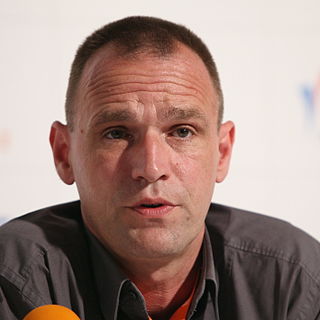 W
WVinko Brešan is a Croatian film director who emerged into international renown with three critically acclaimed and award-winning films that, each in its own way, broke some of the perceived taboos of Croatian cinema in the 1990s.
 W
WVeljko Bulajić is a Montenegrin-Croatian film director and UNESCO Kalinga Prize recipient. He has spent the majority of his life working in Croatia and is primarily known for directing the Yugoslav state-sponsored World War II-themed movies from the Partisan film genre. According to the Croatian Public Broadcasting Company, his films have reached an audience in excess of 500 million viewers worldwide. The top four most viewed Yugoslav films of all time were all directed by Bulajic. MUBI streaming service describes Bulajic as "a creator of made-to-order epic blockbusters".
 W
WSlavko Goldstein was a Croatian historian, politician, and writer.
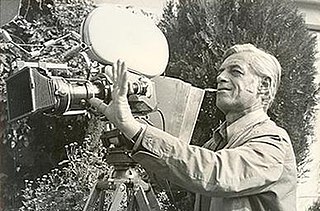 W
WKrešimir "Krešo" Golik was a Croatian film and television director and screenwriter. In a creative career spanning five decades between the late 1940s and late 1980s, Golik directed a number of critically acclaimed feature films, short subjects and television series.
 W
WRajko Grlić is a Croatian film director, producer and screenwriter. He is a professor of film theory at Ohio University and artistic director of the Motovun Film Festival in Motovun, Croatia.
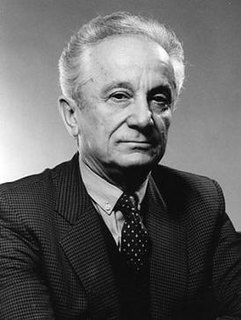 W
WFadil Hadžić was a Bosnian film director, screenwriter, playwright and journalist, mainly known for his comedy films and plays. He was of Bosnian origin, but mainly lived and worked in Croatia, and was well known throughout Yugoslavia.
 W
WJosip "Joža" Horvat was a Croatian writer. He was the author of many novels, short stories, dramas, screenplays, essays and radio dramas, translated into at least nine languages, including Russian, Chinese and Esperanto.
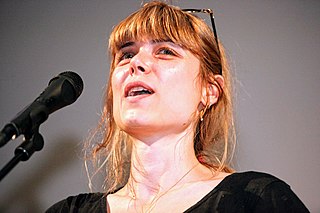 W
WHana Jušić is a Croatian film director and screenwriter.
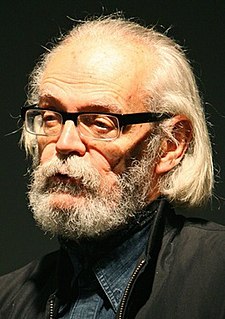 W
WVatroslav Mimica was a Croatian film director and screenwriter.
 W
WRanko Munitić was a theorist, critic, journalist and art historian – one of the most important experts on popular culture and media in Yugoslavia.
 W
WGoran Navojec is a Croatian actor and musician. In his three decade long career, Navojec has starred in numerous films including How the War Started on My Island (1996), The Three Men of Melita Žganjer (1998), God Forbid a Worse Thing Should Happen (2002), Long Dark Night (2004), Two Players from the Bench (2005), The Parade (2011) and Our Everyday Life (2015). He has also had prominent roles on television, including the gawky, vulnerable doctor Toni Grgeč in the comedy series Naša mala klinika (2004–2007) and comical but tough Refko Mujkić in Lud, zbunjen, normalan (2010–2015).
 W
WAntonio Nuić is a Bosnian Croatian film director and screenwriter.
 W
WPavao Pavličić is a Croatian writer, literary historian and translator whose main focus are crime novels. He writes for both adults and children.
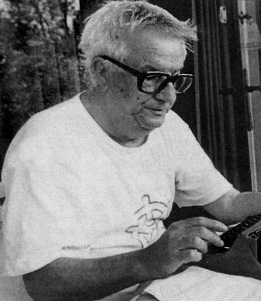 W
WMiljenko Smoje was a Croatian writer and journalist.
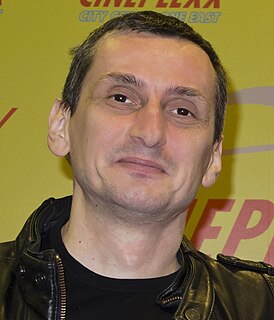 W
WOgnjen Sviličić is a Croatian screenwriter and film director noted for his critically acclaimed 2007 film Armin.
 W
WAnte Tomić is a Croatian writer and journalist.
 W
WGoran Tribuson is a Croatian prose and screenplay writer.
 W
WDušan Vukotić was a Yugoslav and Croatian cartoonist, author and director of animated films of Montenegrin descent. He is the best known member of the Zagreb school of animated films.
 W
WLordan Zafranović is a Czech–Croatian film director, and a major figure of the Yugoslav Black Wave. He lives in Prague and Zagreb.